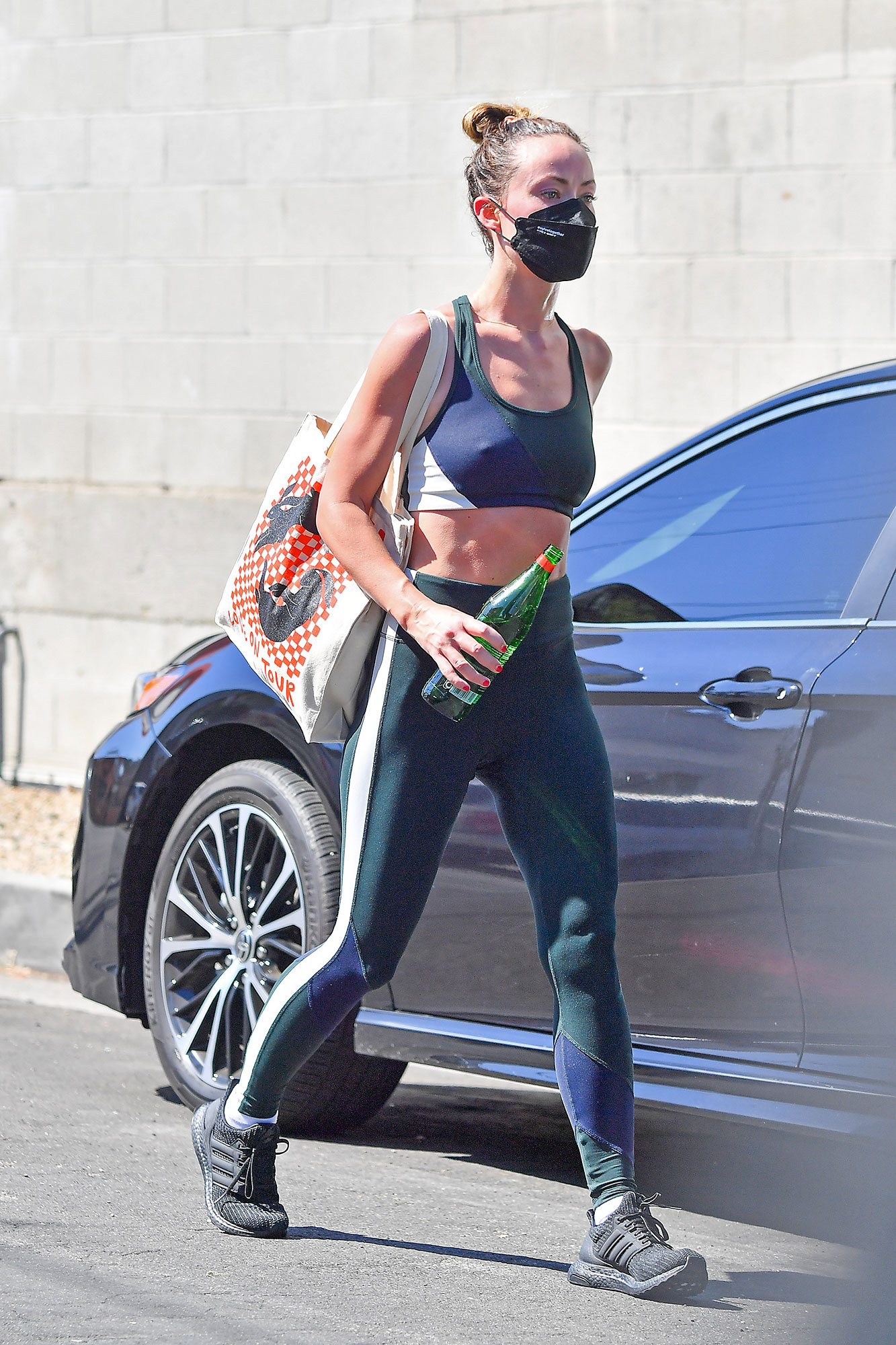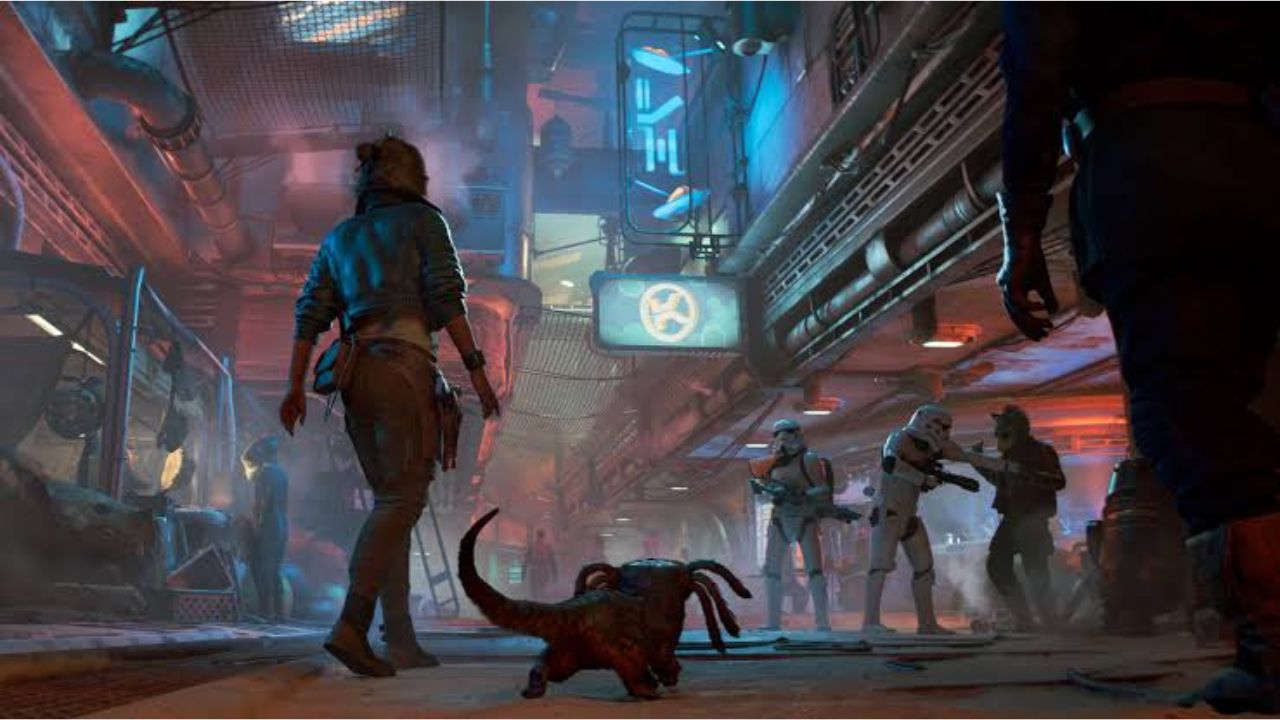With NFL players pulling in an average salary of $2.7 million per year, you’d be forgiven for thinking that the musical superstars who lend their talents to the most important game of the year also earn millions of dollars—but you’d be wrong.
The surprising truth is that halftime performers aren’t paid to perform at the Super Bowl. Per league policy, the NFL covers all costs related to the production of the halftime show, but the performers don’t take home a paycheck (although the NFL foots the bill for their travel expenses). The cost of production, even for just a thirteen-minute segment, can be sky high, with the 2020 performance by Jennifer Lopez and Shakira reportedly costing the NFL approximately $13 million. That figure finances the paychecks of up to 3,000 staffers involved in the production, as well as complicated technical elements of the performance, like a collapsible, 38-part stage, or the massive audio equipment rolled in on 18 carts. Don’t even get us started on the cost of awe-inspiring spectacles, like Katy Perry riding into the stadium on a mechanical golden lion, or Lady Gaga parachuting into her performance from the roof.
So what’s in it for performers? Something familiar to freelance writers everywhere: exposure. Performing on one of the world’s biggest, most televised stages can convert into real financial gain in the form of increased music sales (almost 100 million viewers tuned into last year’s game, and even that was the lowest ratings since 2007). When Justin Timberlake performed in 2018, his music sales rose 534% that same day; as for Lady Gaga, sales of her digital catalog spiked 1000% following her 2017 performance.
That said, accepting the gig isn’t the guaranteed public relations booster it once was. As the NFL continues to discourage players from protesting racial inequality, artists like Rihanna and Cardi B have turned down the gig in solidarity with Colin Kaepernick, while those who accepted it, like Maroon 5, have come into the crosshairs of petitions demanding they bow out to boycott the NFL.
And lest you think the headliners are the only performers working for free—surely journeyman dancers ought to be paid, right?—think again. The NFL has come under fire for failing to pay some halftime show dancers, framing them instead as “volunteers.” At last year’s halftime show featuring the Weeknd, all dancers rushed the field in the same costumes, but not everyone received the same treatment. According to an investigation by the Los Angeles Times, “paid dancers received $712 for show day and $45 per hour for their rehearsal time, as well as a $30 per diem and a $250 COVID stipend if a dancer was asked to report to a clinic for a test on a nonwork day. Unpaid dancers sat in stadium bleachers for up to two hours in the cold while waiting to rehearse as their paid counterparts spent that time in green rooms.”
This year, the NFL seems poised to, once again, make the same misjudgment. For a halftime show featuring Mary J. Blige, Dr. Dre, Snoop Dogg, Kendrick Lamar, and Eminem, NFL producers recruited hundreds of “volunteers” to take part in 72 hours of unpaid rehearsals. After backlash from the dance community and SAG-AFTRA (the union representing professional dancers), executives from Jay-Z’s Roc Nation, which will produce the halftime show, defended their methods, saying that they’ve contracted 115 paid dancers. But these are stage dancers—whether “field cast” will be paid remains to be seen.
Is it time for headliners and professional dancers to team up against the NFL? We’ll let you be the judge.
Adrienne Westenfeld
Assistant Editor
Adrienne Westenfeld is a writer and editor at Esquire, where she covers books and culture.
This content is created and maintained by a third party, and imported onto this page to help users provide their email addresses. You may be able to find more information about this and similar content at piano.io
Note: This article have been indexed to our site. We do not claim legitimacy, ownership or copyright of any of the content above. To see the article at original source Click Here













